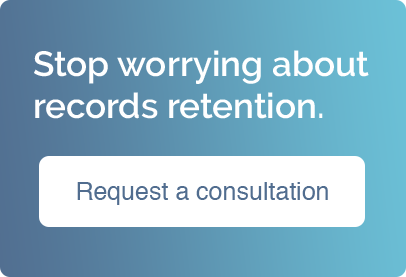Audits can strike fear in the heart of any organization. They are detailed, time-consuming, and can disrupt daily operations. The biggest headache during a company audit often comes from managing countless documents and ensuring they comply with regulatory requirements.
However, you can ease the burden by having robust records retention policies in place. This article explores how structured record-keeping simplifies compliance and reduces audit stress.
The Stress of Audits
A company audit is inherently stressful due to its rigorous demand for extensive documentation. During an audit, auditors request various documents to verify compliance with laws and regulations. Your company must produce records that span several years, often at short notice.
This can lead to chaotic searches and incomplete submissions, particularly if the records are not well organized. This lack of organization can lead to prolonged audit processes, increased costs, and the potential for penalties if the auditors find discrepancies.
Record Retention Policies and How They Mitigate Stress During Audits
Implementing a robust records retention policy is a proactive step that can mitigate the stress of audits. Records retention involves keeping business documents for a specific period, as required by law or company guidelines.
This isn’t merely about storing old documents; it’s about having an organized system that allows for easy access and destruction of records when their retention period expires. Establishing a clear retention schedule with the help of professionals like IRCH ensures that all employees know how long they must keep each type of record.
This management of documents simplifies the audit process in several ways, including the following:
- Efficiency: Auditors can quickly access the required documents without delays.
- Accuracy: Properly categorized and maintained records reduce the likelihood of errors.
- Compliance: Adhering to a retention schedule ensures that all regulatory requirements are met, reducing the risk of fines.
Retention policies also prevent information overload. Without a retention policy, your firm might save every piece of paper or digital record “just in case,” leading to excessive and largely unnecessary data. A retention schedule helps you avoid this pitfall by specifying which documents are important and how long you should retain them.
Simplify Your Audit Process with Expert Guidance
While the thought of an audit can be daunting, having effective records retention policies can reduce the stress and disruption they cause. With IRCH, your company can establish a comprehensive records retention policy that meets legal requirements and supports your organizational needs.
Whether you need to determine the lifecycle of your documents based on content, compliance, or organizational strategies, IRCH is here to help. Don’t let another audit catch you unprepared. Contact us today to ensure your record retention is on point and turn audit anxiety into a thing of the past.


